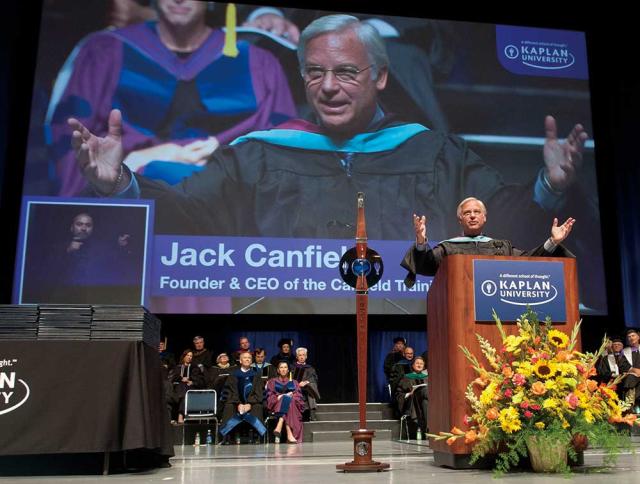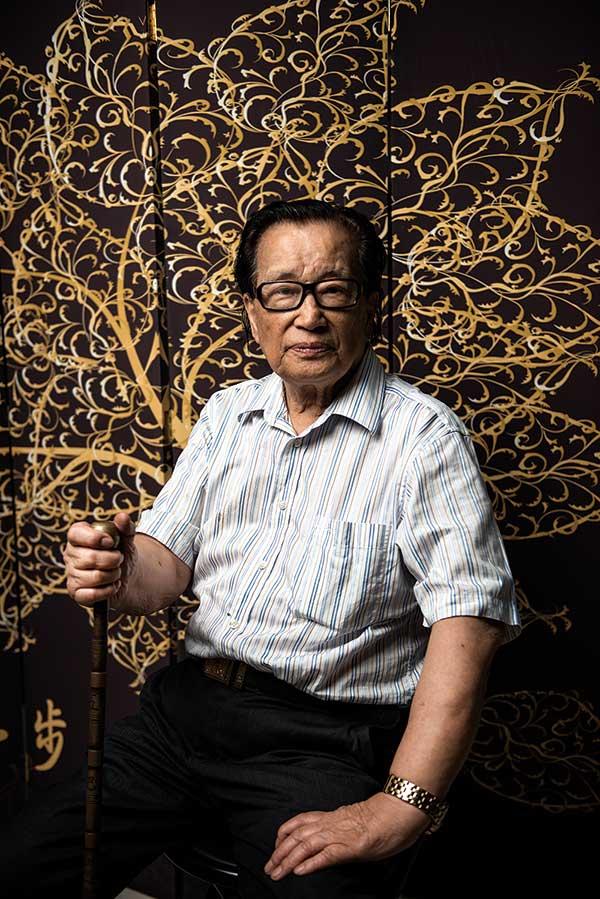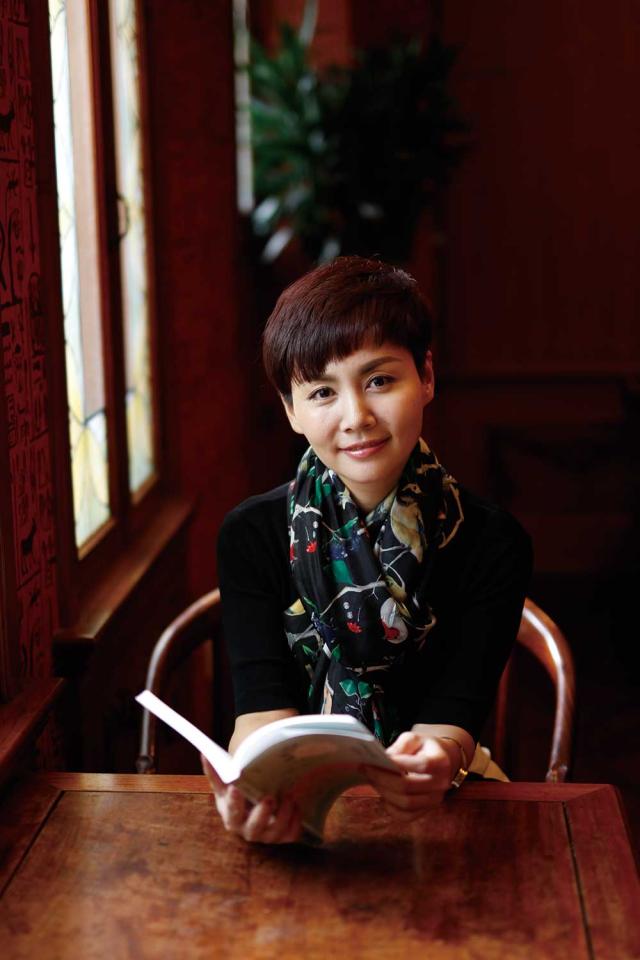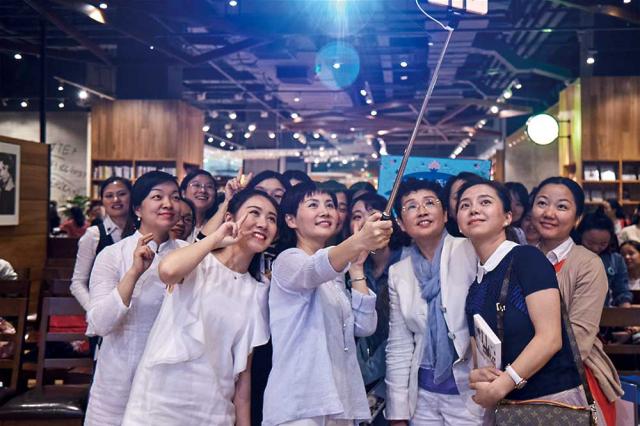The generation of people born in the 1960s, as research by WeChat owners Tencent Inc. shows, constitute the main consumers of chicken-soup content on WeChat’s Moments. Middle-aged people today, many of whom were once “spiritually enlightened” by the early self-help culture of the 1980s and 90s, are much fonder of motivational chicken-soup content than younger generations are.
Nevertheless, people’s gullibility and acts of blind sharing have made them fall victim to cyber chicken-soup traps. Along with the boom of the WeChat chicken-soup industry, a grey zone has gradually emerged.
It is an open secret within the industry that many verified account operators buy fake hits to attract advertisers. Paid Internet marketers, known as the “water army,” use computers to control dozens of mobile phones to automatically access the given account article and click “Like.”
Shi Xiang, the founder of MicroIndex, a company that provides WeChat big data analysis services, speculates that there are at least four or five “water army” companies in China that provide data-faking services to verified WeChat accounts. As Shi told NewsChina, such companies can easily produce 5 million fake followers for an account.
Many chicken-soup articles on the WeChat platform are embedded with ad links. Once readers click on a link within the article, they are instantly taken to a shopping page. Thus, chicken-soup articles on WeChat’s Moments have gradually replaced TV shopping to become the main marketing channel for shoddy health products, fake and substandard medicines, weight loss and breast augmentation products.
“Their primary goal is to gain fans. […] They know how to get through to you. They talk a bit about family, education, enterprises, everything you care about. Those you forward are designed by marketing experts and firms. It’s quite easy [for netizens] to fall into such traps,” the president of Tencent Inc., Ma Huatang, said in a lecture in November 2013.
This has led to the mass production of sentimental, error-riddled chicken soup content for social media marketing. The likes of many famous figures, from Confucius to Plato, Shakespeare to Nietzsche, Eileen Chang to Steve Jobs, have been used for fake chicken-soup quotations or stories.
Harvard University, for example, is a favorite fake source for chicken-soup stories. Rumors about Harvard abound in China, depicting its students as high-functioning study machines: at 4:30am, seats in Harvard’s libraries are all taken by students who have stayed up late to study; restaurants in Harvard are nothing but dining libraries where students sit and read in silence, taking notes as they eat; “‘sleep now, and you may dream forever; study now, and you may fulfill your dream,’ - Harvard’s motto”. All these rumors have been officially denied by Harvard, whose real motto is the single word, “Veritas,” Latin for “truth” .
Apart from the fabrications, the value of much of the chicken-soup content has come under increasing scrutiny and criticism.
In his article “Why I Hate Chicken Soup,” the online writer Wan Fangzhong elaborates on the unreasonableness of the genre’s value. As Fang puts it, “people’s distress, sadness and frustration usually result from existing problems in their lives. But the purpose of chicken soup is not to teach them how to solve these problems, but persuade them to change their attitude and perspective so as to be happy towards the negative things - that’s the ridiculousness of chicken soup.”
With the viral spreading of chicken soup content on social media, an anti-chicken-soup campaign has arisen. Many punsters write “poison soup” lines to burst the bubble that chicken soup books and articles try to create.
Unlike the lengthy, didactic, gooey traditional chicken soup, the poison-soup jokes are short, vicious, self-mocking and full of dark humor. They parody the chicken soup style and borrow from similar subjects - success, failure, dreams, marriage, relationships and life, but aim to mercilessly unveil or exaggerate the “cruel truth” of life, and give underdogs a punch instead of succor.
“If life deceives you today, do not be sad and do not cry, for life will continue to deceive you tomorrow.” “When you think you are ugly, poor and worthless, don’t despair, for at least your sense of judgment is still correct.” “Before 30, you live a hopeless life and you can’t get what you want. Never mind. After 30, you will get used to it.” “If God closes a door in life, he won’t forget to close the window as well.”
These anti-chicken-soup jokes, and sometimes articles, aiming to spread “negative energy,” are popular among well-educated young netizens. It has created an ironic social media scenario where young people’s self-mocking dark jokes are juxtaposed with the earnest chicken-soup content that older generations are obsessed with.
“[The poison-soup messages] choose a more cynical expression to make readers discard unrealistic dreams, lower their hopes, abandon sentimentality and positively face the ‘real and cruel’ world. Through self-devaluation and self-abandonment, youths use these sarcastic jokes to counter mainstream culture’s definitions of ‘success,’ ‘excellence,’ and ‘being a strong person’,” associate professor of the School of Communication at Zhejiang University, Wang Kai, said in an interview with Qianjiang Evening News.
The spreading of self-mocking jokes, as Wang indicates, demonstrates the anxiety of today’s young middle class: they are eager to climb the social ladder, but in the meantime feel disillusioned by the increasingly consolidated social hierarchy and the lack of trust in social justice.
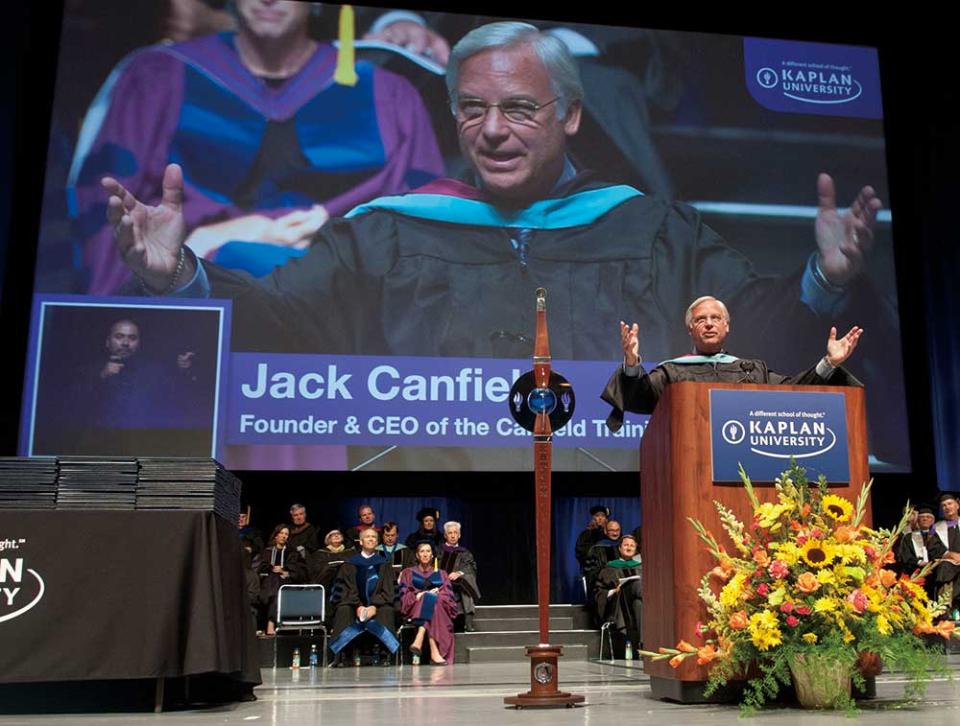
 Old Version
Old Version
